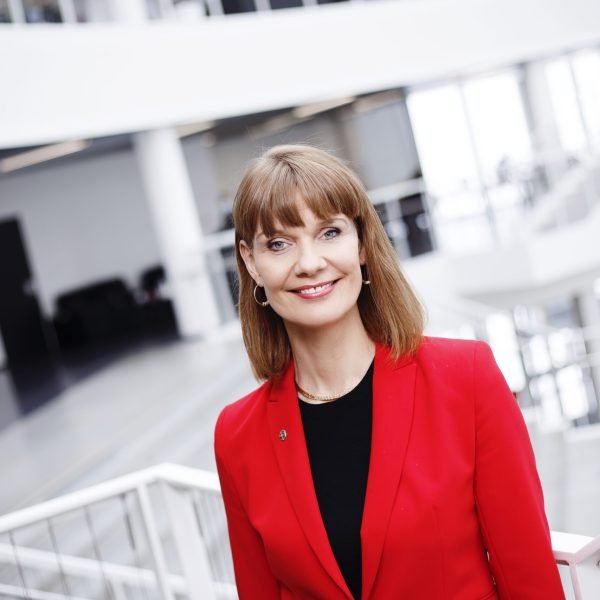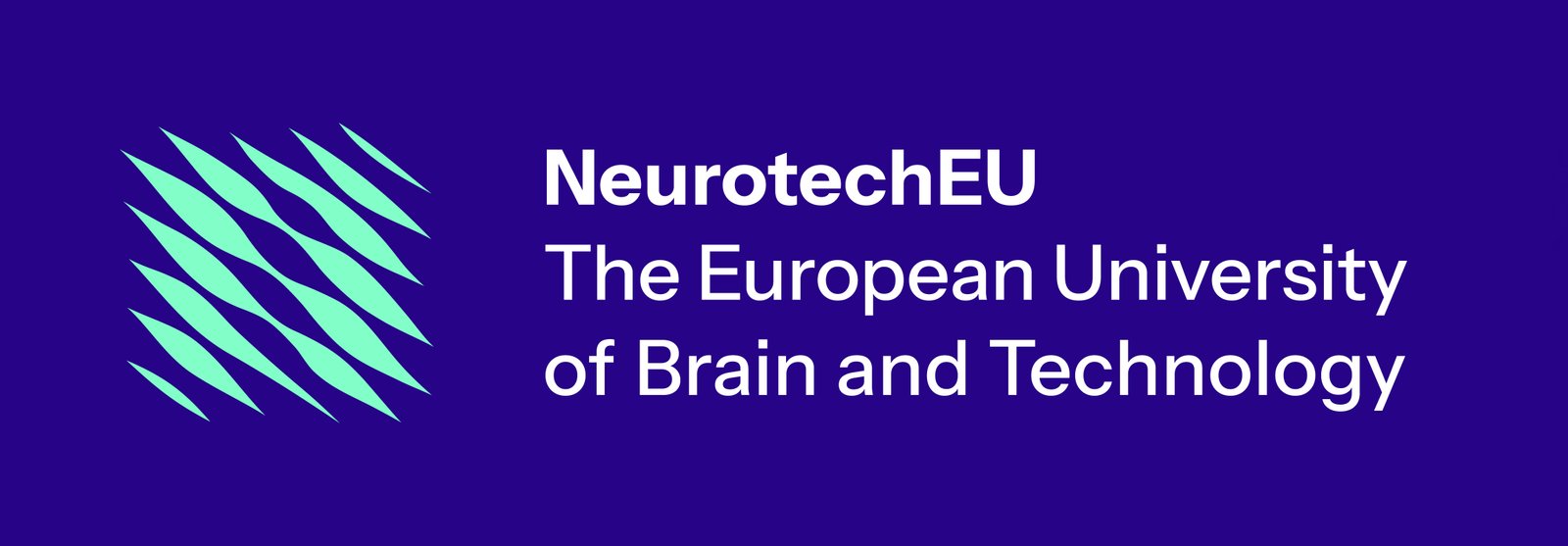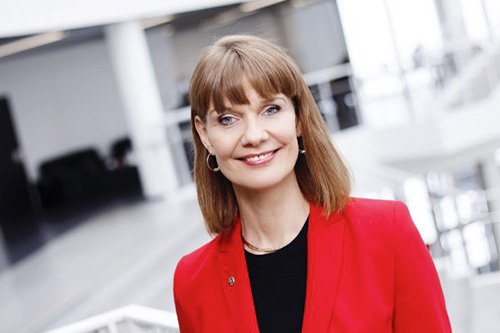Interview with Bryndís Björk Ásgeirsdóttir from Reykjavik University
On International Women’s Day, NeurotechEU hosted the third ‘’Women of NeurotechEU’’ event. This event was an opportunity to celebrate the achievements of all women and women in STEM disciplines. It was a way to empower and support women in these fields. During this event, two students of Radboud University interviewed multiple women of NeurotechEU.

We really need diversity in science and having strong female leaders within universities and in human sciences is the way forward.
Dr. Bryndís Björk Ásgeirsdóttir
Dr. Bryndís Björk Ásgeirsdóttir is the Dean of the School of Social Sciences and School of Technology at Reykjavik University. Dr. Ásgeirsdóttir is a respected scientist and a leading researcher in the field of health and well-being of children and young people and the consequences of violence.
How have you seen the field of science change in terms of gender diversity over the course of your career? And what needs to be done to continue making progress in this area?
‘I think it’s great that we are seeing a higher number of female leaders at universities and in science. We really need diversity in science and having strong female leaders within universities and in human science is the way forward. This will help us improve gender equality when it comes to sciences. We should motivate all individuals interested in science to pursue this and understand how exciting it is to discover new things that could change the world.’
How do you think scientific research can be used to address important social and environmental issues? And what role do women play in this?
‘I think it is important for children, girls and boys, to discover early in their life how important and exciting science is. Because I believe that science and scientific knowledge are the keys to improving our society. Having measures to both show us the situation, solutions to problems and monitoring change over time is critical. Often, when topics are not addressed or hidden, data is the way to address them. Therefore, science is key for us as a society and for society to move forward. The discovery of new solutions can create a better future.’
What advice would you give to young women interested in pursuing a career in science? How can they overcome common obstacles and biases?
‘First, I would say, just do it. It’s important to just do it and to be comfortable with taking new steps toward the unknown. The good thing about science as a career is that the criteria are rather known and objective, for example you need particular type and level of education, the publications of results usually get blind reviews which should mean that it is not as gender biased as in some other areas of work. So, doing the work, the education and publications, should give you good results in science.
Of course, there are obstacles. But it is very important to note that science is becoming more of a collaborative effort than it was before. Today we are working more in teams, even interdisciplinary, and I think that’s really beneficiary for diversity. That means women can support each other, and we should do things collaboratively.’
How should women handle an environment that's not always welcoming to them or even micro aggressions?
‘As a person, look at what you want to do and what you have to offer. Don’t try to be like others, be yourself and do it your way. Don’t forget your passions. We all face difficult times, but we are the only ones that can remember why we are doing what we are doing. Others don’t see the world as I do, but that’s okay. I’m going to pursue my passion for putting something into action and sticking to that. Try to find a person that is on a similar pathway as yourself and try to get a team with you, because everything is easier when you do it together. Find role models either close to you or even in other countries and learn from them. And remember, these role models or leaders also faced all kinds of challenges.
Do you think we need to start changing environmental factors that are subconsciously guiding children in a certain direction?
‘Definitely. I think introducing science to all kids early is important. It is also important to allow children to explore and figure out their strengths. As an adult person, I sometimes need to sit down and remember why I’m doing what I’m doing. We don’t always have passion, but we need to seek it and nurture it. For example, if I think about the possible positive impact I can have on my environment and society, it’s easier for me to go through all kinds of obstacles to reach my goals.
We have children growing up with very strong role models. I believe social media is having a great impact on gender stereotyping behaviors and attitudes. This is something we need to work with regarding young children and teenagers. Social media is a new form of social environment that is rapidly having a lot of impact, both positive and negative. I think we should boost the positive impact of social media by promoting science for all. We s should inspire our kids and teenagers to find solutions to real problems that we are facing today both locally and globally. ’
By: Rosie Zheng and Thirza Dado

